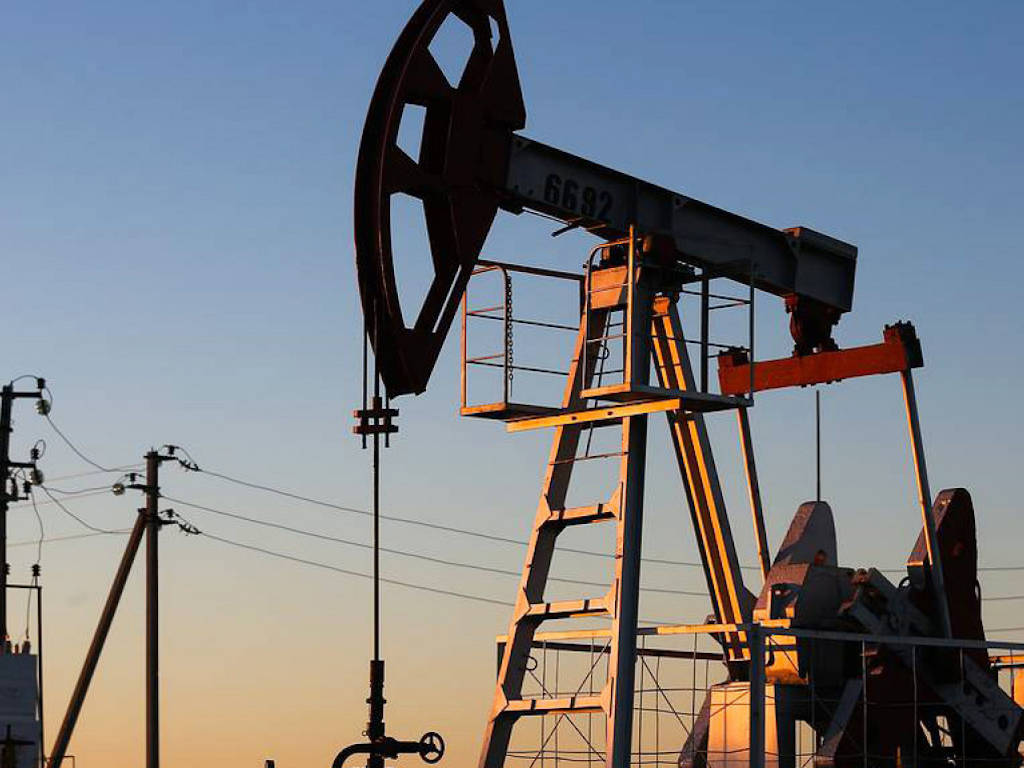
The push by OPEC and its partners to raise oil prices is rising Russian crude, raising concerns among Indian banks that shipments may surpass the USD 60-per-barrel mark.
According to a refinery official involved in seeking finance for the company's Russian oil purchases, the person with knowledge said that State Bank of India and Bank of Baroda warned refiners that they will not handle payments for oil purchased above the limit. South Asian banks are keeping a closer eye on loading port pricing before shipping and logistics charges are factored in, according to executives.
India and China emerged as major customers of Russian crude after most nations avoided it following the invasion of Ukraine. The South Asian country has taken advantage of lower-cost barrels, purchasing record volumes and pushing Russia above Iraq and Saudi Arabia as its top supplier.
While India imports Russian oil on a delivered basis that considers logistics and other expenses, banks are requesting specifics on so-called free-on-board prices to ensure they remain at or below USD 60 per barrel. This level exempts them from European Union sanctions, prohibiting them from using European Union members' shipping, banking and insurance.
Russia can still transport and sell oil at any price if it does not use G-7 or EU services and vessels, but it will have fewer options.
OPEC+ surprised investors earlier this month by announcing an output decrease. Brent, the worldwide benchmark, rose as much as 8 per cent as a result of the action and has since moved higher, trading above USD 87 a barrel on Thursday.
Russian crude trades below Brent, but if the benchmark rises beyond USD 95 per barrel, it will push OPEC+ producer oil prices past the threshold, according to the refinery executive. Another executive at a Mumbai-based refiner suggested that companies seek other Indian banks with less outside exposure and are able to execute payments without the risk of offending the US.
The spike in oil prices may make it more difficult to secure long-term supply agreements with Russian suppliers. Indian Oil, the country's largest state-run refiner, has already signed a contract with Rosneft PJSC, while other smaller processors are having difficulty negotiating contracts.
Crude trading beyond the cap may result in fewer tankers ready to transport cargoes, putting a strain on Russian flows to India, according to Serena Huang, an analyst at Vortexa. According to Huang, a reduced fleet would increase freight costs and make the economics less appealing.

Follow us on social media: